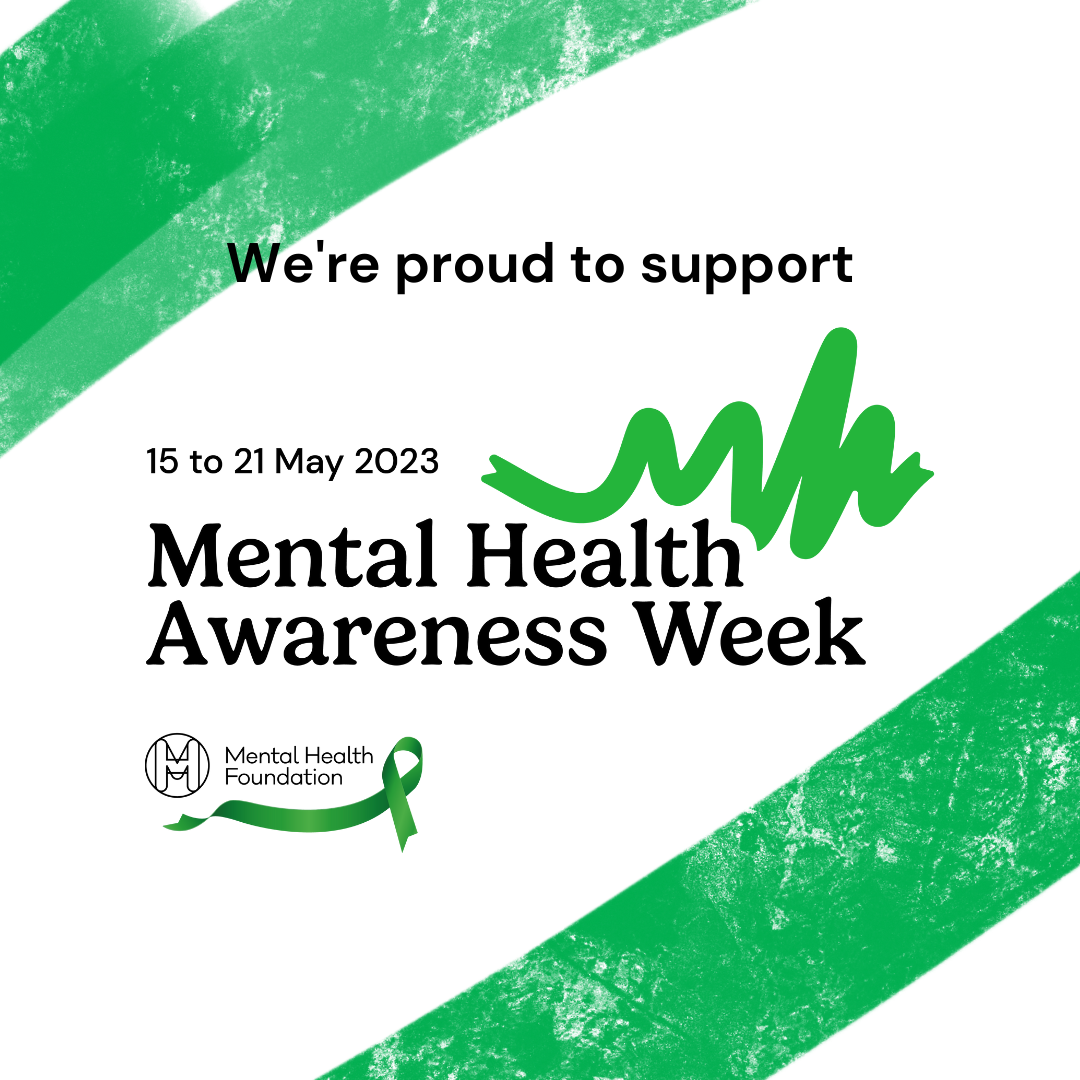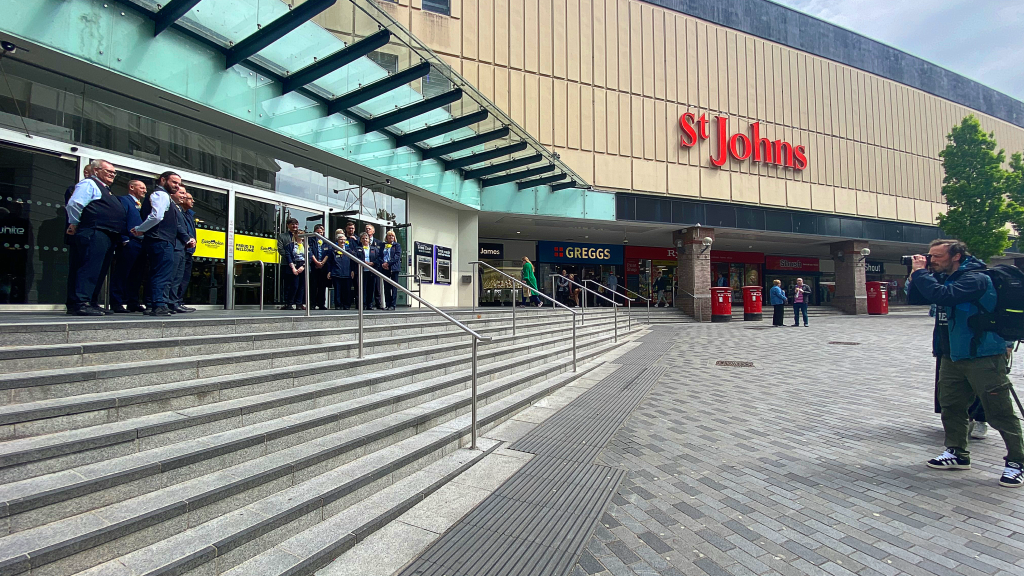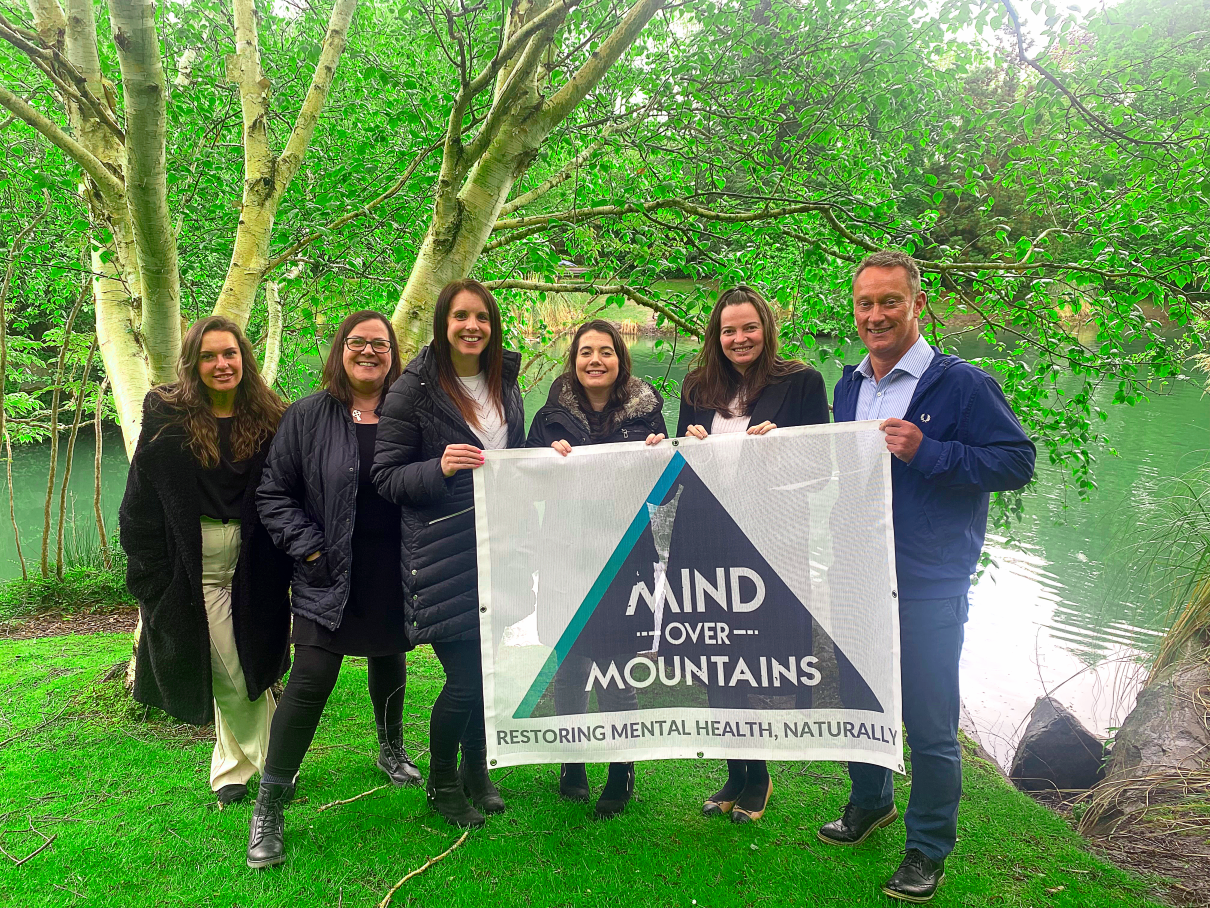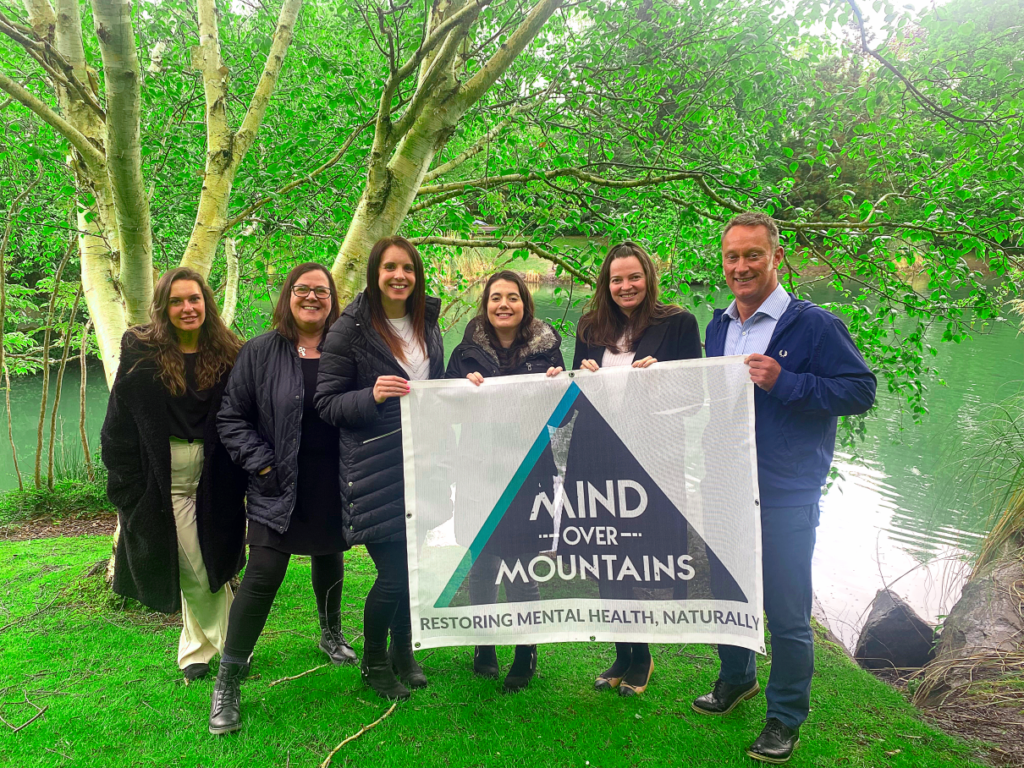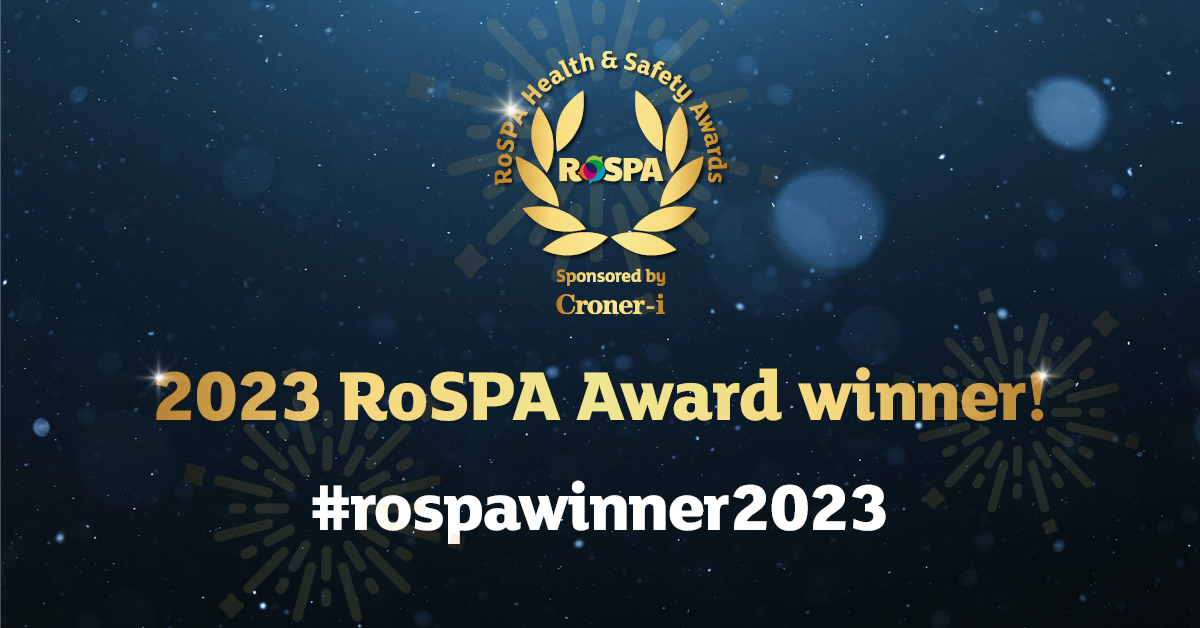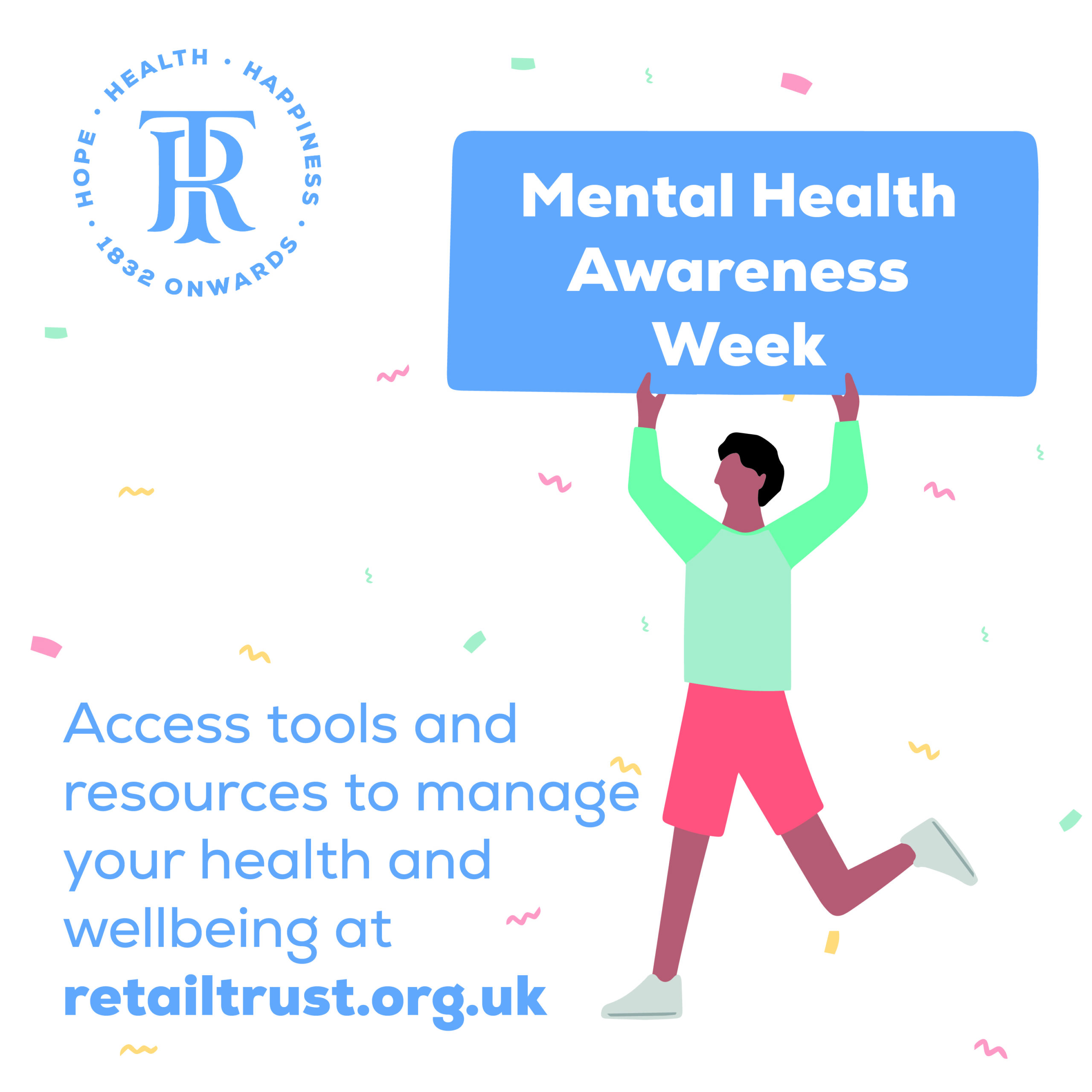
Anxiety is something we all experience from time to time. Most people can relate to feeling tense, uncertain and, perhaps, fearful at the thought of sitting an exam, going into hospital, attending an interview or starting a new job. You may worry about feeling uncomfortable or appearing foolish. In turn, these worries can affect your sleep, appetite and ability to concentrate. If everything goes well on the day, the anxiety will go away.
In fact, short-term anxiety is useful. Feeling nervous before an exam can make you feel more alert and enhance your performance for example. However, if the feelings of anxiety overwhelm you and persist, your ability to concentrate and do well may suffer.
The ‘fight or flight’ reflex
Anxiety and fear are crucial to survival because they act as a mechanism to protect the body against danger. Anxiety and fear trigger the release of hormones, such as adrenalin. Adrenalin causes your heart to beat faster to carry blood where it’s most needed. You breathe faster to provide the extra oxygen required for energy and will sweat to prevent overheating. Your mouth may feel dry as your digestive system slows down to allow more blood to be deflected to your muscles. Your senses become heightened and your brain becomes more alert. These changes enable the body to take action and protect itself in a dangerous situation, either by running away or fighting a foe. It is known as the ‘fight or flight’ reaction. Once the danger has passed, other hormones are released, which may cause you to shake as your muscles start to relax.
The response is useful for protecting you against physical dangers. However, your body also reacts in the same way to situations that you find threatening (even everyday stressors), but in these cases, you don’t have the option of fighting or running away. Situations like this may include public speaking, a driving test, or having an injection.
Why are some people more anxious than others?
Anxiety can be triggered by a number of factors. Something distressing may have happened to you in the past, and because you were unable to deal with the emotions at the time, you may become anxious about encountering the situation again in case it stirs up the same feelings of distress. You may also worry about the future. If we feel that we’re not in control of different aspects of our lives we can start to feel anxious about events beyond our control, such as the threat of nuclear war, of being attacked, of developing cancer, or of losing our job.
Feeling anxious can also be a learned response – something that you picked up early on in life. Your family may have tended to see the world as a hostile and fearful place, for example. Research suggests that people may even inherit a tendency to be more anxious. We all become anxious under pressure, but some people may succumb more easily than another because of a mixture of personality, current circumstances and childhood experiences.
On a day-to-day basis, caffeine, excess sugar, poor diet, drug misuse, exhaustion, stress and the side effects of certain medication can also cause anxiety. After a while, people can start to fear the symptoms of anxiety, especially feeling out of control. This sets up a vicious circle. They feel anxious because they dread feeling the symptoms of anxiety, and then they experience those symptoms because they are having anxious thoughts.
What are the effects of anxiety?
Physical effects
Increased muscular tension can cause discomfort and headaches. Breathing rapidly may make you feel lightheaded and shaky and give you pins and needles. Rising blood pressure can make you more aware of your pounding heart. Changes to the blood supply affecting your digestive system may also cause nausea and sickness. The effects on your nervous system may manifest themselves in an urgent need to visit the toilet, and butterfly feelings in the stomach.
Psychological effects
The psychological effects of anxiety include fear, heightened alertness, being on edge, irritable, and feeling unable to relax or concentrate. You may feel an overwhelming desire to seek the reassurance of others. The way you think can also be affected by anxiety. You may fear that the worst is going to happen and slot everything that occurs into a pessimistic outlook on life. For example, if a friend is late, you worry that they have had an accident when in fact their train was delayed. To cope with these feelings and sensations, people may start smoking or drinking too much, or misusing drugs – this is known as self-medicating. Or they may start steering clear of certain situations, and seek out relationships that will either support their anxious outlook (like often attracts like) or that will help them to avoid situations they find distressing.
Panic attacks
Sometimes, anxiety can take the form of a panic attack. This is the rapid build-up of overwhelming sensations, such as a pounding (and sometimes an irregular) heartbeat, feeling faint, sweating, nausea, chest pains, breathing discomfort, feelings of losing control, shaky limbs and legs turning to jelly. It can make people feel as if they are ‘going mad’, blacking out, or having a heart attack. They may even be convinced they are going to die in the course of the attack, making this an absolutely terrifying experience. Panic attacks can be triggered by a recognised stressor, or may occur for no reason at all. It remains that sufferers’ lives can be severely limited by these; indeed, some people may not even be able to leave their home for fear of experiencing such an attack in public.
Physical health problems
Long-term anxiety is bad for your health. It can weaken your immune system, lowering your resistance to infection. Increased blood pressure can cause heart or kidney problems, and contribute to the chances of having a stroke. You may experience digestive difficulties, along with other health problems. You may also feel depressed. Depression and anxiety often appear together, to the extent that doctors sometimes treat them in the same way.
Impact on work, leisure and relationships
You may find it difficult to enjoy work, develop or maintain good relationships, or simply to enjoy leisure time. Sleep problems may further aggravate anxious feelings and reduce your ability to cope.
For some people, anxiety becomes so overwhelming that it takes over their lives. They may experience severe or very frequent panic attacks, for no apparent reason, or have a persistent, ‘free-floating’ sense of anxiety. Some may develop a phobia about going out and about, or may withdraw from contact with people, even their family and friends. Others have obsessive thoughts or repetitious behaviour, such as endlessly washing their hands.
Problems of this kind are known as panic disorders or anxiety disorders. This does not mean a person has a serious mental health problem. However, it’s important to consult your GP, not only because help is available to tackle these difficulties, but also to eliminate any possible physical cause for the symptoms.
Can people learn to manage anxiety on their own?
There are many things people can do to reduce their anxiety to a manageable level. Taking action may make you feel more anxious at first. Even thinking about anxiety can make it worse. But facing up to anxiety, and how it makes you feel, can be the first step in breaking the cycle of fear and insecurity. It’s important to remember how much better you will feel when you can begin to relax, take control, and lead a fuller life.
Controlling the symptoms
The symptoms of anxiety can be controlled by breathing and relaxation techniques, and by replacing distressing, negative thoughts with positive, peaceful ones. These methods are straightforward and can be learned from books, the internet, video and audio tapes, through counselling, and by attending relaxation classes. Often the techniques employed are based on the principles of cognitive behavioural therapy (CBT), which your GP may be able to help you access. He or she can advise you about local support groups run by and for people with similar problems. There are also classes in anxiety management.
Complementary therapies
Complementary therapies can help you to relax, sleep better, and deal with the symptoms of anxiety. Yoga, meditation, aromatherapy, massage, reflexology, herbalism, homeopathy, and hypnotherapy are some of the methods people have found successful. Many chemists and health shops stock different remedies and may be able to offer you advice. Do be careful to tell them if you’re taking any regular medications as some herbal remedies may not be suitable for you.
Exercise
Taking more exercise can help you cope with anxiety and feelings of tension, and make you sleep better. Exercise uses up the adrenalin and other hormones that are produced under stress, allowing muscles to relax. Also, certain brain chemicals are released during exercise, which can enhance your mood. Walking and swimming allow you to be active at your own pace and you can do them alone or in company. If you feel embarrassed exercising in front of others, do it at home. Dance, stretch or move along to music or a video.
Healthy living
Avoid stimulants, such as coffee, cigarettes and alcohol, which can promote anxiety. Eating a healthy diet and getting plenty of sleep can also make a big difference to your ability to cope with stress. You might also consider drinking herbal teas – chamomile for example is known for its relaxing effects but do use with care. If you’re allergic to other plants in the same family such as daisy, ragweed, aster, chrysanthemum, or marigold you should exercise caution when using chamomile. Chamomile should be avoided during pregnancy, and people with bleeding disorders or who are taking blood thinners should also avoid it as the plant contains coumarin and may increase the chance of bleeding.
Talking things out
It can relieve your feelings to talk to a friend or family member about what’s making you anxious. You may find that they have encountered a similar problem and can help talk you through it. You may be surprised at the number of people you know who experience anxiety themselves. As they say, ‘it’s good to talk!’
What sorts of treatments are recommended?
Medication
Because of problems with dependency, doctors usually prescribe tranquillisers and sleeping pills only as a temporary measure for severe or disabling anxiety. They are given at the lowest possible dose, for the shortest possible time, and not longer than about four weeks. The side effects can include feeling sluggish, unable to concentrate, and not caring about anything. Withdrawal symptoms may occur, if you take them for any length of time. These can seem worse than the original feelings of anxiety. The long-term use of tranquillisers has also been linked with having panic attacks. The tranquillisers can’t tackle the root cause of the problem, but they can bring some relief, until such time as other forms of treatment can be put in place.
The National Institute for Health and Care Excellence (NICE) suggests that for severe forms of anxiety, such as panic disorder, social phobias and debilitating obsessions, GPs should prescribe antidepressants, especially certain selective serotonin reuptake inhibitors (SSRIs). SSRIs are usually better tolerated than some other drugs, but in some cases, they may increase anxiety and can cause problems with sleeping. Your GP should give you the recommended doses for anxiety, and he or she should monitor your progress. SSRIs can take two to four weeks to work. Some people may have withdrawal symptoms when coming off these drugs, such as dizziness, tingling sensations, stomach upsets or headaches. It’s therefore important to reduce the dose slowly.
If SSRIs don’t work or aren’t suitable, you may be offered a tricyclic antidepressant such as imipramine or clomipramine. These drugs may also take several weeks to work, and may cause side effects, which your doctor should discuss with you. Doctors may also suggest beta-blockers to deal with symptoms such as palpitations, although the success of this treatment is variable.
Talking treatments
Talking treatments can help you to understand and deal with the causes of your anxiety and to find strategies for coping. They have longer-lasting benefits than other treatments for anxiety problems. Ask your GP if there is a practice counsellor available. If not, you may be able to access talking treatments on the NHS, if your GP refers you. There are also many voluntary organisations offering counselling or psychotherapy including the Retail Trust, Anxiety UK and No Panic.
There are various types of counselling and psychotherapy available, in groups or individually. It may be short-term or open-ended and take place between one and four times a week. Some types help with how you are feeling, others look into reasons why you may be experiencing anxiety. CBT is a short-term therapy and increasingly available on the NHS. It encourages you to develop positive ways of thinking and to construct strategies for managing anxiety, so you feel in control. You can receive CBT as part of face-to-face counselling, but it is also now available in digital CBT programmes that you can use as a self-help aid.
Decisions about your treatment should be made jointly with your GP. Don’t be afraid to ask questions about the problems you are experiencing, the treatments suggested, their side effects, any possible alternatives and about how long it might take to feel better. If none of these treatments make a difference, your GP can refer you for specialist help. This could be through your Community Mental Health Team (CMHT), which is made up of a number of different healthcare professionals who can assess you and offer you a treatment plan.
How you can help someone who is feeling anxious
Recognising how you feel when you are anxious can help you to empathise with a friend or relative who is going through a bad patch. People with severe anxiety often feel very negative about themselves. Keep reminding them of their good points. Being supportive can be a question of finding the right balance. You need to accept the person as they are, and not push them into situations that are beyond them. Yet, at the same time, you should avoid being too protective, and assist them to overcome small challenges. In this way, they can build up their self-confidence and feel in control.
It may be a good tactic to try and strike a bargain with your friend or relative. If they will agree to go to a relaxation class, for instance, you could promise to travel with them and meet them afterwards. If someone is distressed, they may need reassurance that it’s ok to cry. Letting out feelings can relieve tension. Laughter is relaxing. Helping your friend to have fun may be one of the most useful things you can do for them. They may also need support in finding appropriate channels to express anger, even if this is just bashing a few cushions about. Some people may be embarrassed at not feeling in control. They may blush or shake, and need reassurance that this is not obvious to others. Sometimes, physical closeness, such as a touch or a hug, can be very comforting. A gentle massage to neck or shoulders may also be soothing.
You can access more resources from the following organisations. You can also contact the Retail Trust helpline on 0808 801 0808 or by completing this form if you wanted to speak to someone in confidence.
Anxiety UK
Telephone: 08444 775 774
www.anxietyuk.org.uk
Support, help and information for those with anxiety disorders
No Panic
Helpline: 0808 808 0545
www.nopanic.org.uk
Provides a helpline, step-by-step programmes, and support for those with anxiety disorders
Credit: Exclusive content from the Retail Trust




